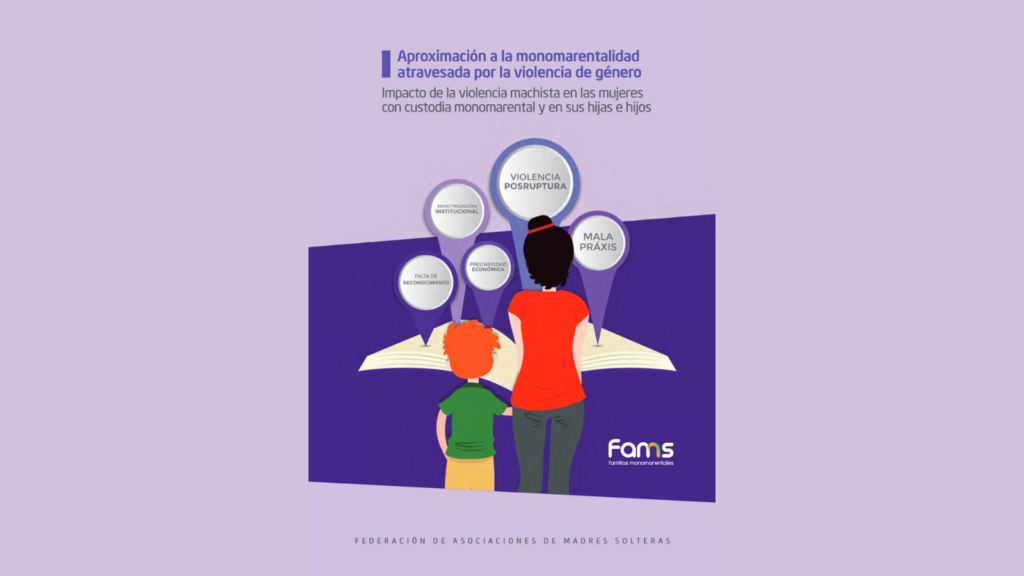In a world where technology is an inexorable part of our lives, accessing and making use of it on equal terms has become a vital necessity and a right that makes the difference between full participation and discrimination, between socialisation and isolation, between inclusion and social exclusion.
Video games are not left out of this phenomenon, and this is how the Spanish population perceives it, 48% of whom consider video games to be part of today’s culture and a new way of relating to each other and sharing knowledge, according to a study carried out by FNAC this year. However, the opportunities for participation are not the same for everyone.
Despite the fact that women now represent 47% of video game players, according to data from the Spanish Video Game Association (AEVI), sexism and harassment of female gamers in online gaming continue to be some of the main problems. To the point that 59% of female gamers hide their gender when playing online to avoid such harassment, according to a study by two technology companies, Lenovo and Reach3 Insights.
More than 70% of women admit to having encountered sexism in video games and 36.4% say they have been insulted during an online game, according to the study titled ‘Gender, gamers and video games – An approach from a gender perspective to the consumption of video games and the situation of female gamers in the sector’, sponsored by the Telefónica Chair of the University of Las Palmas de Gran Canaria, in collaboration with the Caja Canarias Foundation and La Caixa.
For this reason, many women prefer to hide under pseudonyms or male avatars to avoid persecution or harassment from other male players, to avoid being discriminated against or harassed.
The implications of these attitudes transcend video games; they are a confirmation of the coercion of women’s freedom to participate in certain spaces and the persistent inequality and violences in all spheres of life.
This is reflected in research by the Centre for Research, Mind, Brain and Behaviour at the University of Granada, which shows how greater sexism against women gamers also leads to a greater defence of beliefs that justify or minimise intimate partner violence, or sexism in general. The same research also indicates that men who were more sexist towards female gamers showed a greater tendency to minimise a sexist incident suffered by a female gamer when playing online, also supporting a less severe punishment for gamers involved in such discrimination.
How can we change these sexist attitudes and behaviours? How can we achieve a change in mentalities? At UNAF, we know that this change necessarily involves education. An education in equality from childhood, which should start at school, in the family and should not disregard cultural and leisure products as essential awareness-raising vehicles that can transmit values, sometimes very unconsciously but very directly, and which also educate us in our day-to-day lives.
Therefore, given the machismo present in the world of video games and the impact this has on the socialisation of adolescents and their education, UNAF wanted to contribute to banish sexist behaviour by launching the campaign ‘Mutea tu machismo’ (‘Mute your machismo’), with which we directly address adolescent boys to make them aware of sexism in video games and promote a change of attitude to avoid discrimination and violence towards female gamers.
Through a video for social networks, UNAF contrasts everyday situations with real messages and insults taken from these multiplayer games, seeking to provoke reflection among teenage gamers.
In fact, the campaign sheds light on discriminatory comments and sexist behaviors directed at women, which many boys have normalised in the world of video games. By illustrating the severity and impact of such actions through everyday life scenarios, it challenges these behaviors, encouraging critical reflection and promoting respectful, egalitarian relationships.
The campaign has achieved more than 185,000 views on Tiktok and has reached a potential audience of more than 400,000 people through agencies and the media, like Europa Press, La Vanguardia or the public television station Telemadrid.
With this initiative we hope to contribute to raising awareness against the normalisation of sexist behaviour, at a time when denialism against violence against women is endangering social awareness of this reality. Muting machismo is everyone’s responsibility if we want to move towards egalitarian, peaceful and democratic societies.
*This campaign joins other UNAF awareness campaigns on sexism in games and has been supported by the Ministry of Social Rights, Consumption and Agenda 2030.
About the author : Raquel Lago Gómez holds a degree in Journalism from the Complutense University of Madrid and a Master’s degree in Latin American Studies: Cultural Diversity and Social Complexity from the Autonomous University of Madrid. With more than 20 years of experience in the field of communication, she has worked in news agencies and media, in the communication agency sector and since 2011 she works as Communication Officer at Unión de Asociaciones Familiares (UNAF), a non-profit organization of Public Utility in Spain which promotes the rights and welfare of families from a diversity approach. From her position, she promotes and coordinates the organisation’s communication strategy and carries out advocacy work, content management, event organisation, media relations and campaigns.
**DISCLAIMER: All opinions in this article reflect the views of the author, not of COFACE Families Europe**





